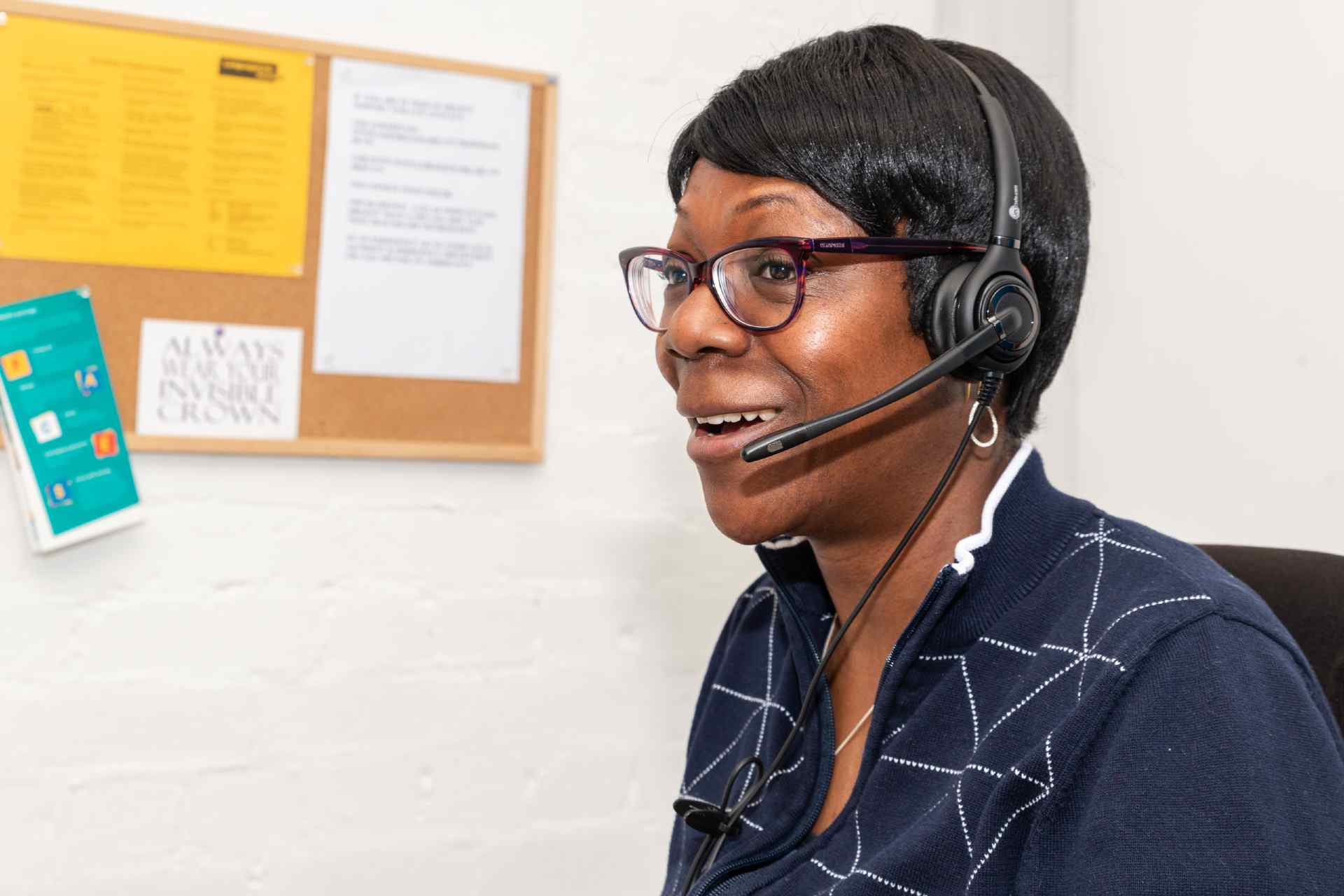(Photo credit: Sylvie Pope Photography)
I’m Oliver Bromley, and last year, I was asked to leave a restaurant because of my appearance. I have a condition called Neurofibromatosis Type 1 (NF1), which cause tumours to grow along my nerves. In the words of the restaurant, I was “scaring the customers”, and I left feeling shocked and upset.
No one should have to face such blatant discrimination – I know I’m not the only person this has happened to. When we know better, we do better, and that’s why education around visible difference is so vital.
Here’s my advice and guidance on how to tackle discrimination in hospitality venues:
1. Ensure visible difference is included in Diversity, Equality and Inclusion (DEI) training
DEI has come a long way in recent years, but visible difference is often forgotten. All hospitality establishments need to review their DEI policies and processes to make sure that every customer is treated equally and with respect. Help staff to challenge their internal biases through training that includes people with disabilities and visible differences.
Inclusion is built through exposure to difference and its subsequent acceptance. Bring in people to talk about their experiences of discrimination so that staff realise the impact that inequality can have.
2. Call out cases of discrimination, don’t brush them under the carpet
Establishments should prioritise people – their customers and their staff – and not be afraid to address discrimination and hate crime. Visible differences are a protected characteristic, classed under disability in the Equalities Act 2010. All staff must be made aware of this, so that they can challenge ignorance with confidence, and report incidents where necessary.
3. Talk to everyone involved before taking action
I would have appreciated it if the manager had tried to get both sides of the story, rather than simply asking me to leave.
Supposedly, a customer had complained about me, so why wasn’t I brought into the conversation to clarify my condition and address any concerns? It could have been a teaching moment for everyone involved, but instead it became a situation where I was made to feel ashamed simply for existing.
4. Be an ally
If you, whether you’re a customer or staff member, see someone being discriminated against, please don’t ignore it. Remaining silent is a form of collusion.
I would have hugely appreciated some solidarity at the time of my incident. Someone could have questioned it, stood up in defence of me, or simply voted with their feet and left. Allyship is powerful.
Standing with me would have meant standing with a community of people who deserve support and acceptance. It would have shown that they believe dignity belongs to everyone.
Following the incident, when I shared my story publicly, I received so many messages of love and support. It was encouraging to know that there are people out there who would have stood up for me and will stand up for others.
There’s still work to be done, but we can all be part of the change in our own way. Keep on educating the world through your words and actions, until discrimination is a thing of the past.

